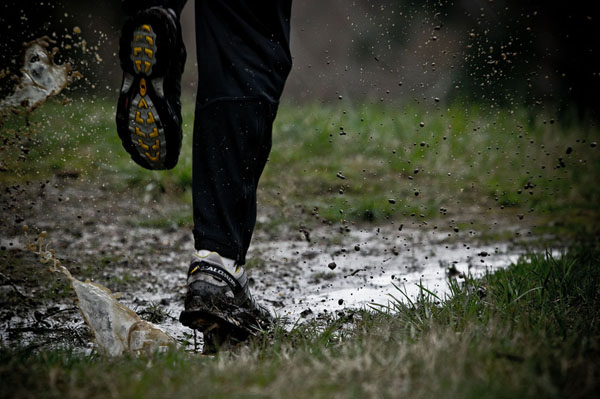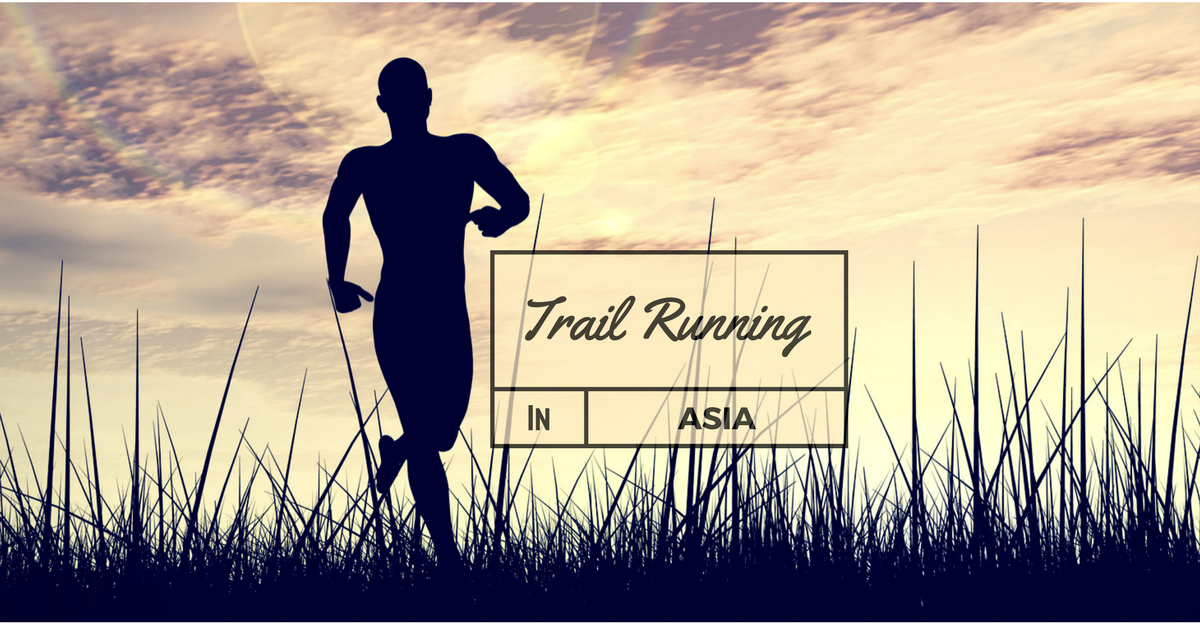When it’s time to hit the trails, being prepared with the proper gear (and nourishment) is crucial to make the most of your experience and maximize performance. Whether you’re a trail-running enthusiast or new to working out, we’ve got you covered with this extensive list of trail-running must-haves.
1. Reflective Gear
Whether you’re going on trail runs or simply cruising through busy urban streets, reflective gear is crucial, especially when working out at dusk or in the dark. Being visible to other people and vehicles prevents dangerous, even deadly, collision mishaps. Consider a reflective vest for optimal visibility. But also stock up on other reflective items, such as reflective snap bands, reflective wrist sleeves, reflective stick-ons, LED clip lights, and even reflective run laces to stay safe during trail (and all types of) training sessions.
2. Electrolyte Drinks
If you’ll be hitting the trails for longer than an hour, don’t forget to bring electrolyte drinks with you to replenish all you’ll lose during your sweat session. Electrolytes are ions (calcium, chloride, sodium, potassium, and magnesium) that conduct electrical activity with your body and are necessary to maintain muscle contractions, fluid balance, and normal brain function.
These nutrients (especially sodium) leave your body through sweat and have to be replaced to maximize workouts and maintain normal body functions. Many sports drinks contain the electrolytes necessary to stay on your A-game during trail runs.
3. Energizing Snacks (Energy Bars, Sports Jelly Beans, and Gels)
Long trail runs call for a quick pick-me-up you can easily eat while on the go. You won’t even have to stop to replenish with convenient gels, energy bars, or sports jelly beans during workouts. Doing so will replenish the calories and nutrients you’re burning and losing while training. These snacks are rich in electrolytes and carbs to help boost your blood sugar when you need it the most. Some bars also contain some protein, which is a must when you’ll be hitting the trails for hours on end.
Don’t forget to replenish electrolytes with food post workout, especially if you’re experiencing symptoms of electrolyte deficiency like muscle cramping, muscle spasms, weakness, confusion, dizziness, nausea, or irregular heartbeat.
4. Smartphone Carrier
Consider a smartphone carrier when you don’t want to deal with zippers and pouches, but still want easy access to your phone. Phone carriers wrap right around your arm comfortably, as they’re made of performance fabric. The best part is smartphone carriers are often water resistant, protecting your phone from the elements and rain. And an internal storage area keeps running essentials (like keys or money, for example) safe and sound.
5. Hydration Packs
Never leave home to hit the trails for hours on end without a hydration pack. This is a must-have in the endurance running community, and makes it easier to carry water on your back hands-free! Store up to 12 liters of water in this lightweight runner’s vest, ideal for longer adventures. The hydration bladder inside the pack (with a hose and bite valve attached) brings water right to your mouth, so you don’t have to worry about unscrewing or handling water bottles during sweat sessions. Your hydration pack contains all sorts of stash pockets for on-the-go essentials like your phone, extra snacks, electrolyte drinks in soft flasks, mace, and even first aid kit items in case of an emergency.
6. Marathon Pack
If you’re a marathoner-in-training and need a few extra spaces to store trail-running essentials, a marathon pack might be right up your alley. This versatile and lightweight training pack for runners (and walkers or hikers) is worn around the waist and provides a large front zipper pocket for essentials like snacks, keys, your phone, mace, and first aid materials (band-aids, for example). Plus, you’ll have easy access to gel loops and gel trash stash pockets, which are musts when you need a quick pick-me-up during grueling training sessions.
7. Runner’s Headlamp
If you’re heading out on the trails during dusk or at night, a lightweight runner’s headlamp is crucial. Why? So others can see you and because trail running at night can be dangerous without proper visibility. Headlamps specifically designed for runners offer light coverage at the ground near your feet, and a powerful spotlight so you can see ahead of you on the trail to watch for wild animals, other people, twisted roots, large rocks, thorns, holes, and other things that might cause harm or injury. You’ll reap a burn time of up to 22 hours of light, reflectivity benefits, and even a strobe light feature to really escalate visibility at night.
8. Shoelace Essentials
If you’re struggling with unruly shoelaces during distance trail runs, you’re in luck. Run laces with shoelace locks are just what you need to prevent this nuisance from happening. You’ll never have to stop on a trail run to tie laces again. These laces are elastic, grip to the max, and are a no-tie solution for runners in the zone during sweat sessions. Due to a unique fastening system ensuring laces are tight and secure, getting run laces in place is as easy as a simple one-time setup. You won’t be sorry for making such a small investment for big-time convenience gains.
Packing for Trail Runs
When getting organized for trail runs, it can be difficult to bring everything you might need without overpacking, which can drag you down during training sessions. But having the right gear is crucial to maximize performance and avoid unwelcome side effects of dehydration, electrolyte deficiency, or being stranded or injured in an emergency. Your biggest concern when hitting the trails is dehydration and visibility, so always be prepared ahead of time. Planning accordingly means your next trail run will be your best and most enjoyable yet!



